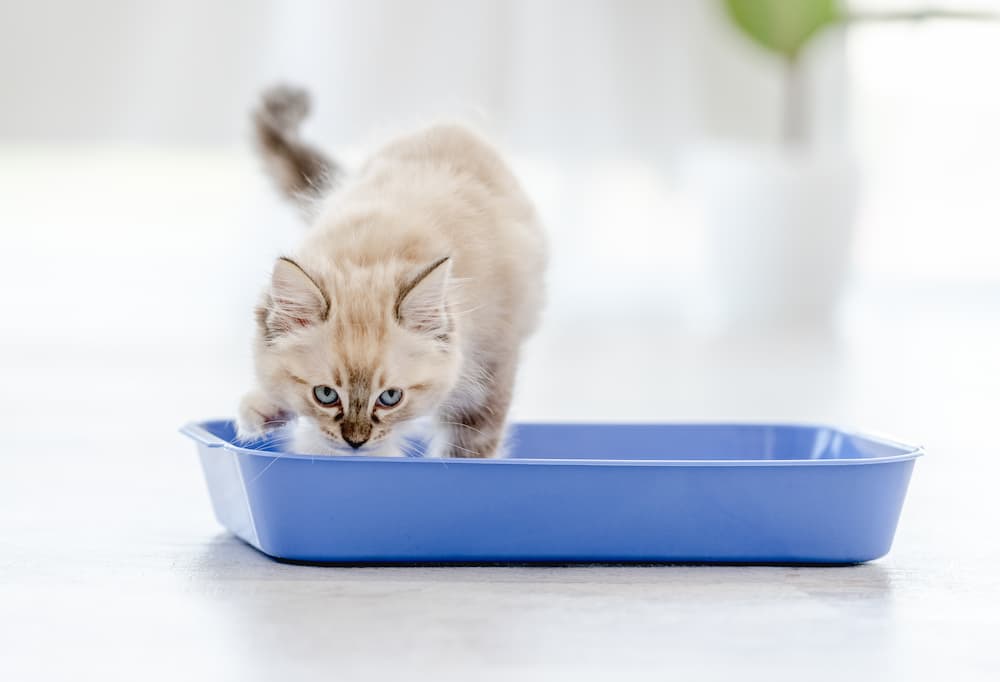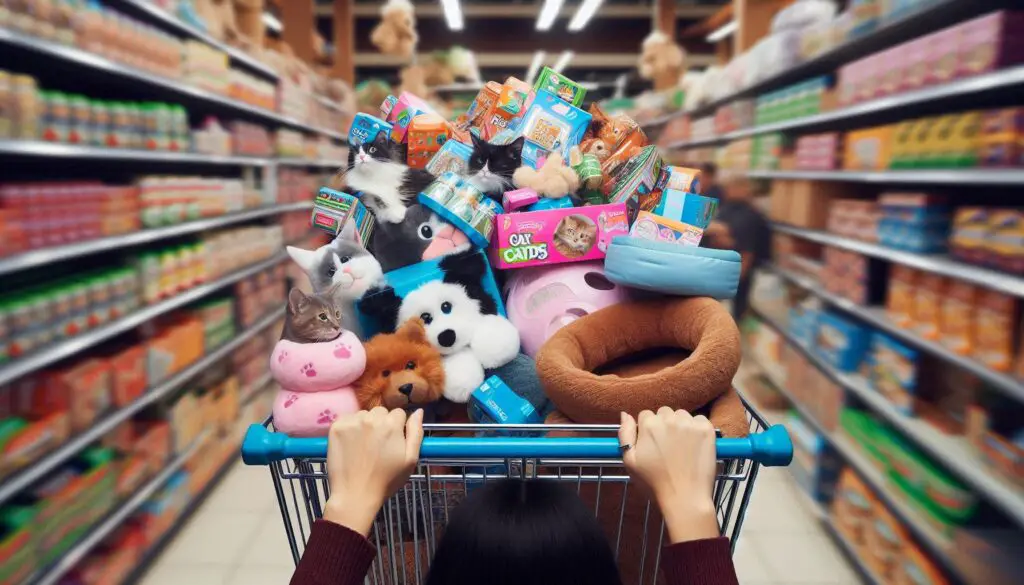In light of two cats in New York City that tested positive for COVID-19, the Centers for Disease Control (CDC) updated its guidelines and recommendations for people who have pets. While there have been very few cases of animals catching the virus from humans, there is no evidence to suggest humans are at risk of catching the virus from their pets.

According to the CDC, the cats that tested positive for the virus live in two separate areas of New York, and both had mild respiratory illness. COVID-19 infections have been reported in very few animals worldwide, mostly in those that had close contact with a person with COVID-19. Both cats are expected to make full recoveries.
If you own pets:
If you share your home with animals, the CDC recommends the following:
- Do not let pets interact with people or other animals outside the household.
- Keep cats indoors when possible to prevent them from interacting with other animals or people.
- Walk dogs on a leash, maintaining at least 6 feet from other people and animals.
- Avoid dog parks or public places where a large number of people and dogs gather.
- Talk to your veterinarian if your pet gets sick or if you have any concerns about your pet’s health.
If you become sick:
If you are sick with COVID-19 or suspect that you might be, you should restrict contact with your pets and other animals, just like you would with people. If you are sick, the CDC recommends:
- When possible, have another member of your household care for your pets while you are sick.
- Avoid contact with your pet including, petting, snuggling, being kissed or licked, and sharing food or bedding.
- If you must care for your pet or be around animals while you are sick, wear a cloth face covering and wash your hands before and after you interact with them.
- If your pet becomes sick, do not take them to the veterinarian yourself. Call your veterinarian and let them know you have been sick with COVID-19. Your veterinarian can evaluate your pet and determine the next steps for your pet’s treatment and care. (The CDC has also released guidelines for veterinarians during the COVID-19 response).

Stay healthy:
According to the CDC, there is no evidence that animals are playing a significant role in the spread of COVID-19. Based on the information available, they consider the risk of animals spreading COVID-19 to people to be low. That said, it’s always a good idea to practice healthy habits around pets and other animals. The CDC recommends:
- Wash your hands after handling animals, their food, waste, or supplies.
- Practice good pet hygiene and clean up after pets properly.
- Talk to your veterinarian if you have questions about your pet’s health.
- Be aware that children 5 years of age and younger, people with weakened immune systems, and people 65 years of age and older are more likely to get sick from germs some animals can carry.
For more information, visit the Centers for Disease Control website and their Frequently Asked Questions about COVID-19 and Animals.







